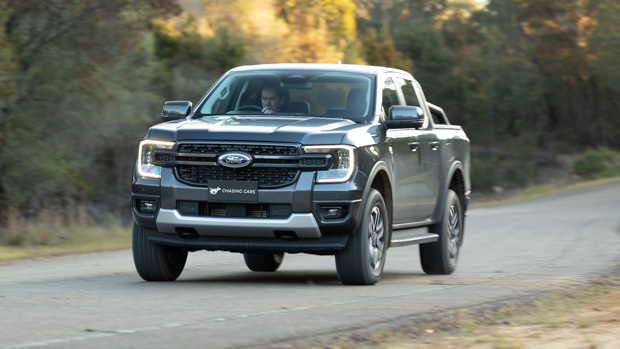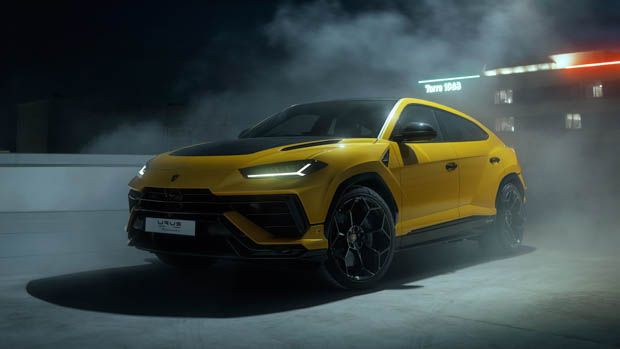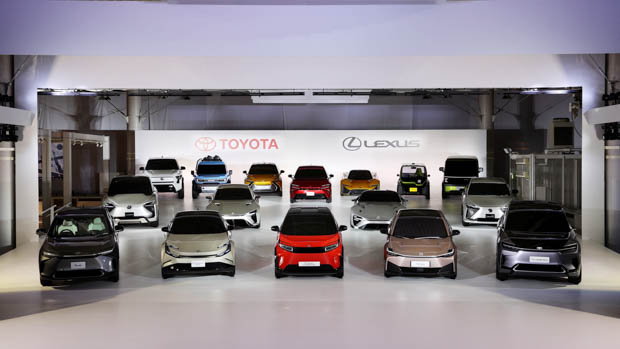-
Car Reviews
- All reviews
- Midsize SUVs
- Small cars
- Utes
- Small SUVs
- Large SUVs
- Large cars
- Sports SUVs
- Sports cars
- Vans
Latest reviews
- Car News
-
Car Comparisons
Latest comparisons
- Chasing Deals
Global carmakers will need to cut their carbon emissions by 100 percent from 2035 onwards, a decision that will likely trickle down to Australia
The European Union has made the decision to ban new petrol- and diesel-powered cars from the year 2035, foreshadowing likely changes to the Australian new car market.
While the decision will signal the end of the combustion era for 27 countries, it won’t all come to an end abruptly, with manufacturers required to cut 55 percent of emissions from the year 2030 when compared to 2021 figures.
According to Autocar, the EU has said that the move will not only reduce global emissions but also “stimulate innovation and investments for car manufacturers” as well as making zero-emission vehicles more affordable for the consumer.
The European Union will also launch a report every two years from 2025 onwards that will evaluate progress in meeting the 2035 target.
The decision could bring change to Australian new car sales as locally, there is now complete reliance on imported new cars.
In September 2022, over 10 percent of all new car sales in Australia were from Europe. 32,000 vehicles have come from Germany so far in 2022, with 7000 from Hungary and 5400 from the Czech Republic. Europe was the biggest import behind Thailand, South Korea and Japan.
The Australian Government has set targets to reach net zero emissions by 2050 and has launched a consultation paper on a National Electric Vehicle strategy.
The new regulations will apply for most but not all car manufacturers. Exemptions will be in place for those car makers that produce between 1000 – 10,000 units a year. Those who produce even fewer than 1000 will be free from the regulations for the foreseeable future.
This means that manufacturers such as Lamborghini and Bentley will have more time to reach their targets.
Most, if not all, global car manufacturers have set their emissions-free targets for the future, with many aiming for 2030.
Here is a list of the key manufacturers and their electrification plans
Latest news
About Chasing cars
Chasing Cars reviews are 100% independent.
Because we are powered by Budget Direct Insurance, we don’t receive advertising or sales revenue from car manufacturers.
We’re truly independent – giving you Australia’s best car reviews.



